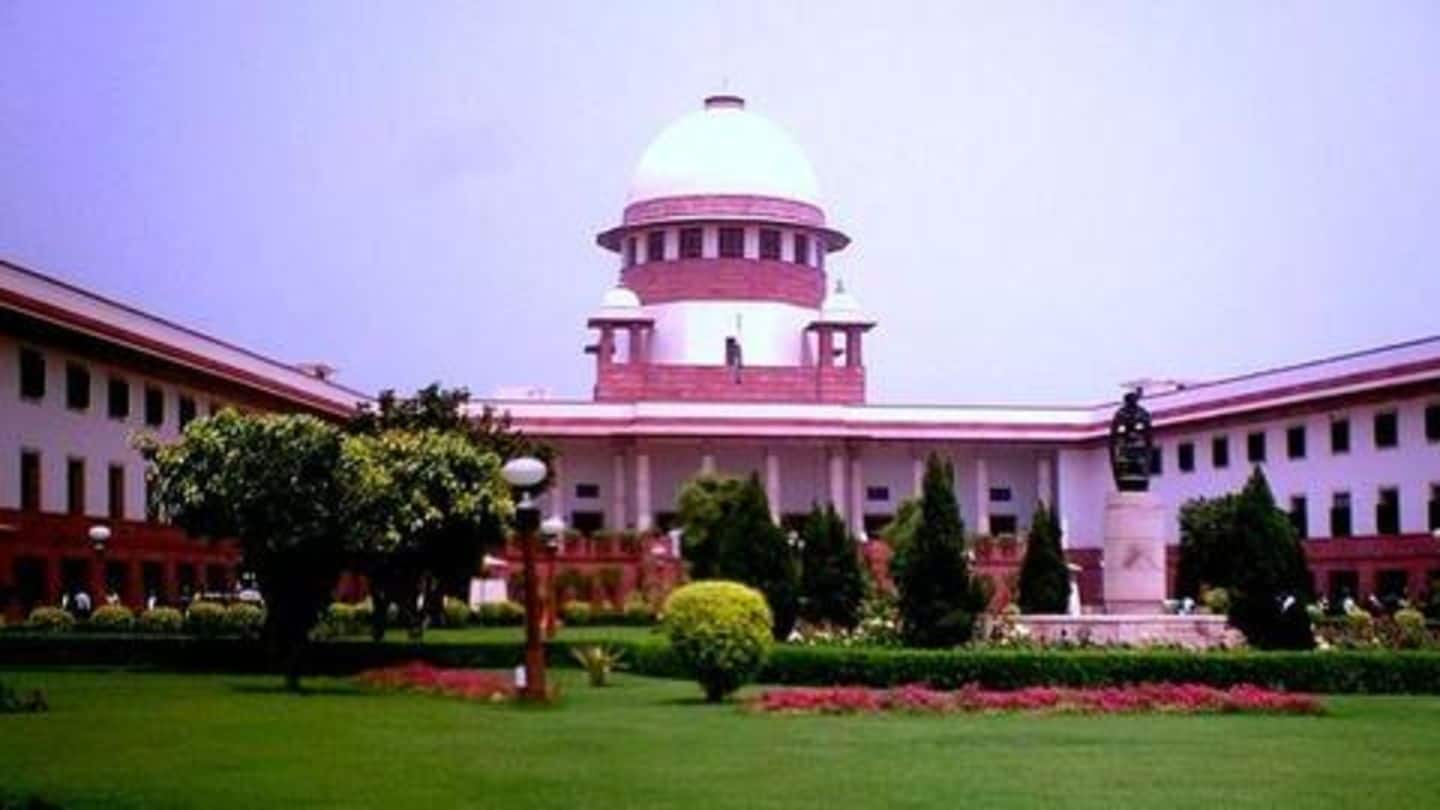
SC refuses to stay SC/ST Act amendments again
What's the story
For the second time in seven days, the Supreme Court, on Wednesday, refused to stay amendments to the Scheduled Caste and Scheduled Tribe (Prevention of Atrocities) Act, that rules out all provisions for anticipatory bail for the accused. The SC has now set February 19 as the date for hearing a batch of petitions challenging the amendments, and the Center's review plea. Here's more.
Details
Justice UU Lalit posted the matter for hearing in February
During Wednesday's hearing, senior advocate Vikas Singh, appearing for one of the petitioners, sought an immediate stay on the amendments to the SC/ST Act. However, a bench headed by Justice UU Lalit said that a more detailed hearing was required, and that it would be appropriate if all petitions pertaining to the matter were heard on February 19.
Earlier
What happened during the January 25 hearing
Incidentally, the apex court had heard the matter just days earlier on January 25. During that hearing, a bench comprising Justices A K Sikri, S Abdul Nazeer and M R Shah refused to put an interim stay on the amendments to the SC/ST Act. Instead, it directed that the petitions challenging the amendments should be heard alongside the Center's petition seeking a review of an earlier Supreme Court order.
Origins
The tussle over the SC/ST Act began in March 2018
The entire episode began with an SC order dated March 20, 2018, wherein the apex court, in a bid to prevent innocent people from getting arrested, ruled that arrests could not be made under the SC/ST Act without a preliminary inquiry into accusations. Dalit organizations, however, saw it as a dilution of the law, and violent protests erupted across India, killing seven people.
Amendment
In August last year, the Parliament passed the amendments
Subsequently, on August 9, the Parliament passed the Scheduled Caste and Scheduled Tribe (Prevention of Atrocities) Amendment Act, 2018, which removed all provisions for anticipatory bail. The amendments further held that no preliminary inquiry would be required to register a criminal case against any accused, and an arrest under the law wouldn't be subject to any approval. This incensed the upper castes, and protests were held in Rajasthan, UP, MP, and Bihar.